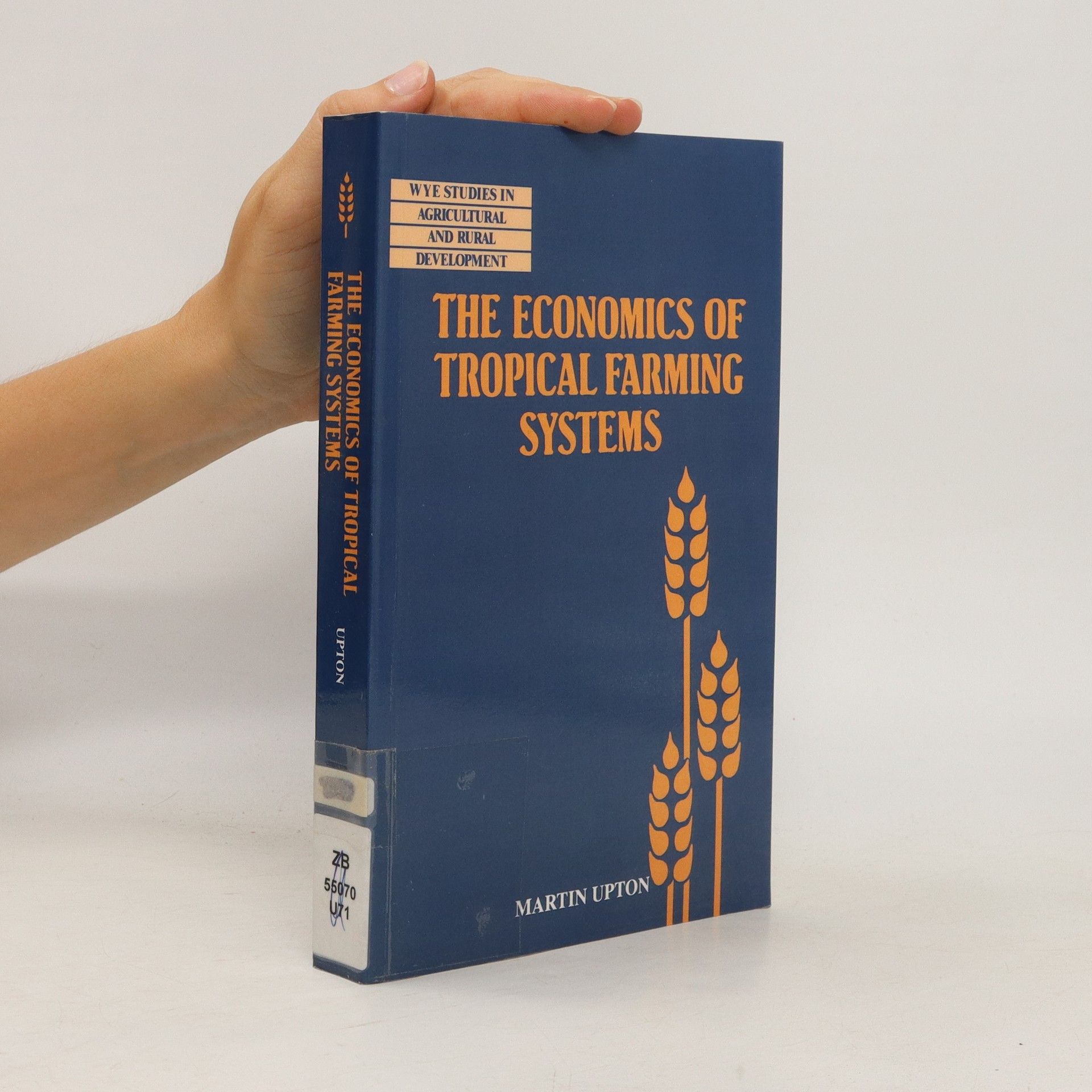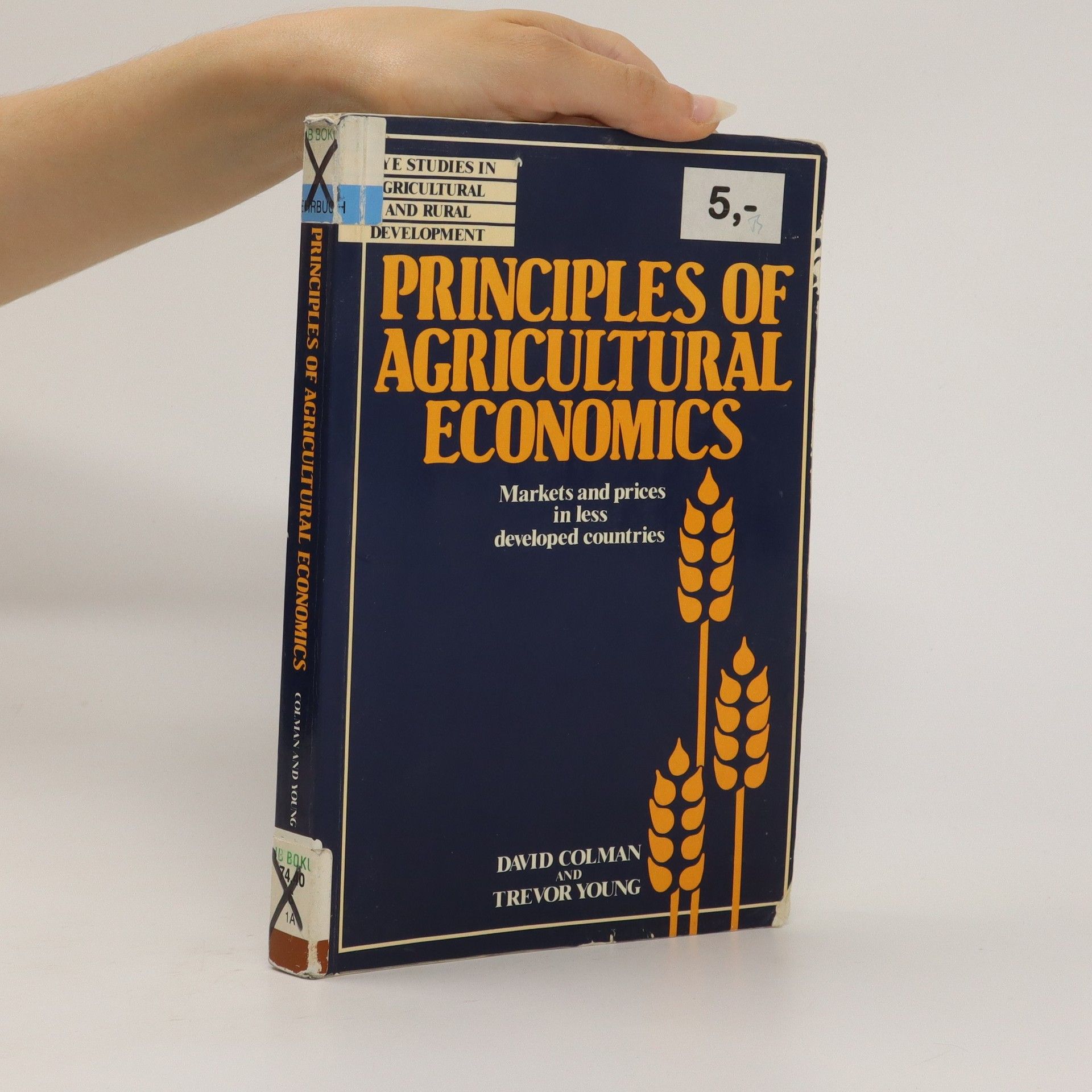This textbook focuses on essential economic principles for agricultural economists engaged in rural development. While the principles of micro-economics or price-theory are relevant globally, the book emphasizes their significance in the context of agricultural and food sectors in developing countries. It sets itself apart from other texts by using hypothetical and real-world examples primarily from these nations, unlike many that rely on industrialized country scenarios. The first half covers foundational concepts of production, supply, and demand, which are crucial for managing agricultural sectors and food markets. The second half integrates supply and demand into discussions of equilibrium and exchange, followed by trade and economic welfare theory. The concluding chapter illustrates how earlier material can be synthesized by agricultural economists to analyze and compare the impacts of various agricultural policies. This structured approach allows agricultural economics to offer a consistent framework for addressing policy challenges, thereby playing a vital role in promoting rural development.
Wye Studies in Agricultural and Rural Development Series
This series focuses on the core principles, techniques, and practical applications essential for agricultural and rural development, particularly in developing nations. It offers valuable resources for students, educators, and practitioners involved in planning and management within this critical sector. The collection aims to address the need for topical and effective teaching materials, fostering expertise to tackle global challenges. Readers will find essential tools for policy analysis and the implementation of effective development strategies.


Recommended Reading Order
Clear student text on theory and practice of economic decision making in tropical agriculture.